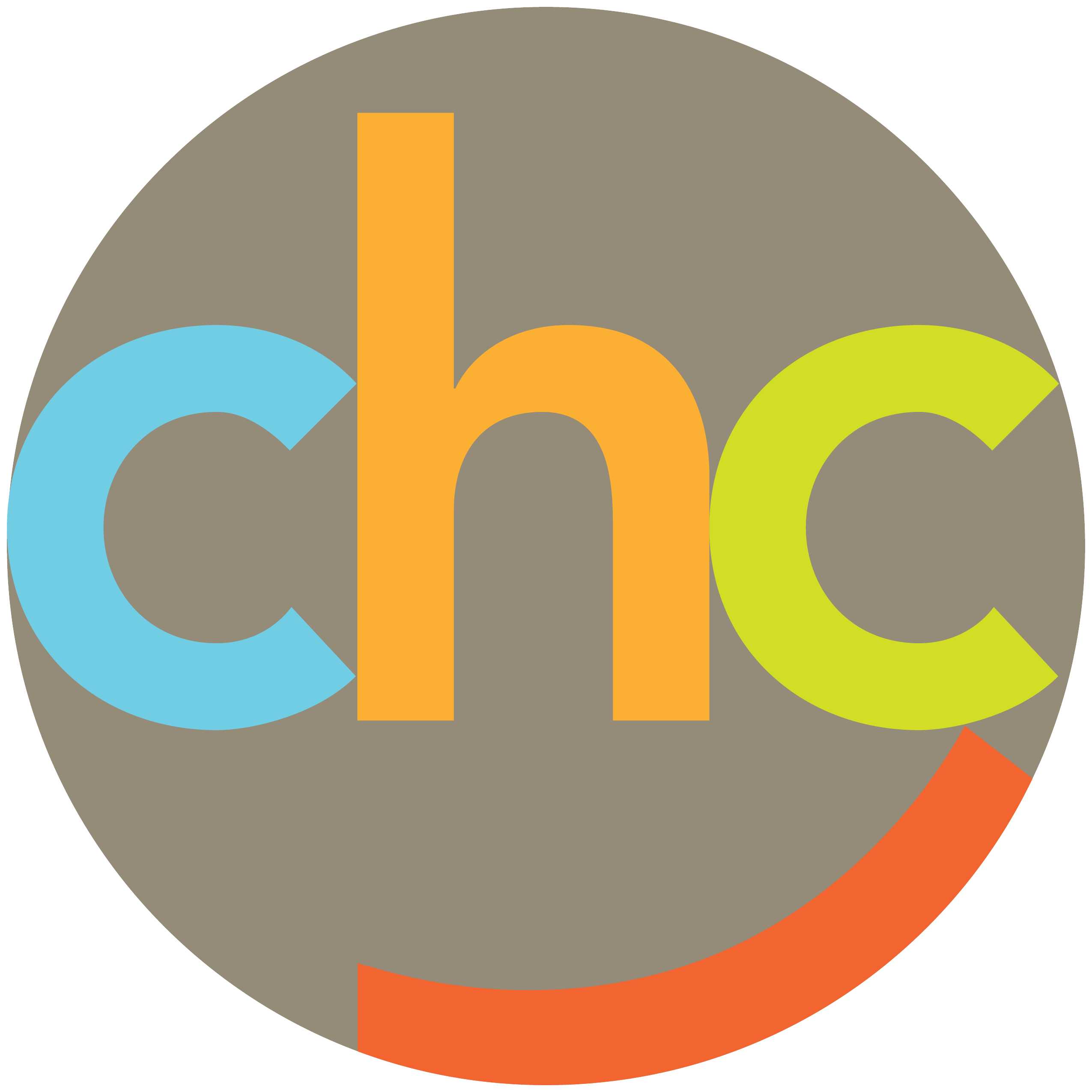Call CHC:
Free Resources
Professional Training
Workshops/Groups
- Grades K-12
- Nonpublic therapeutic day school providing students with individualized supports focusing on social-emotional and behavioral growth.
- Grade 2-8
- Students with ADHD, dyslexia, school-based anxiety, attention issues, and social challenges.
